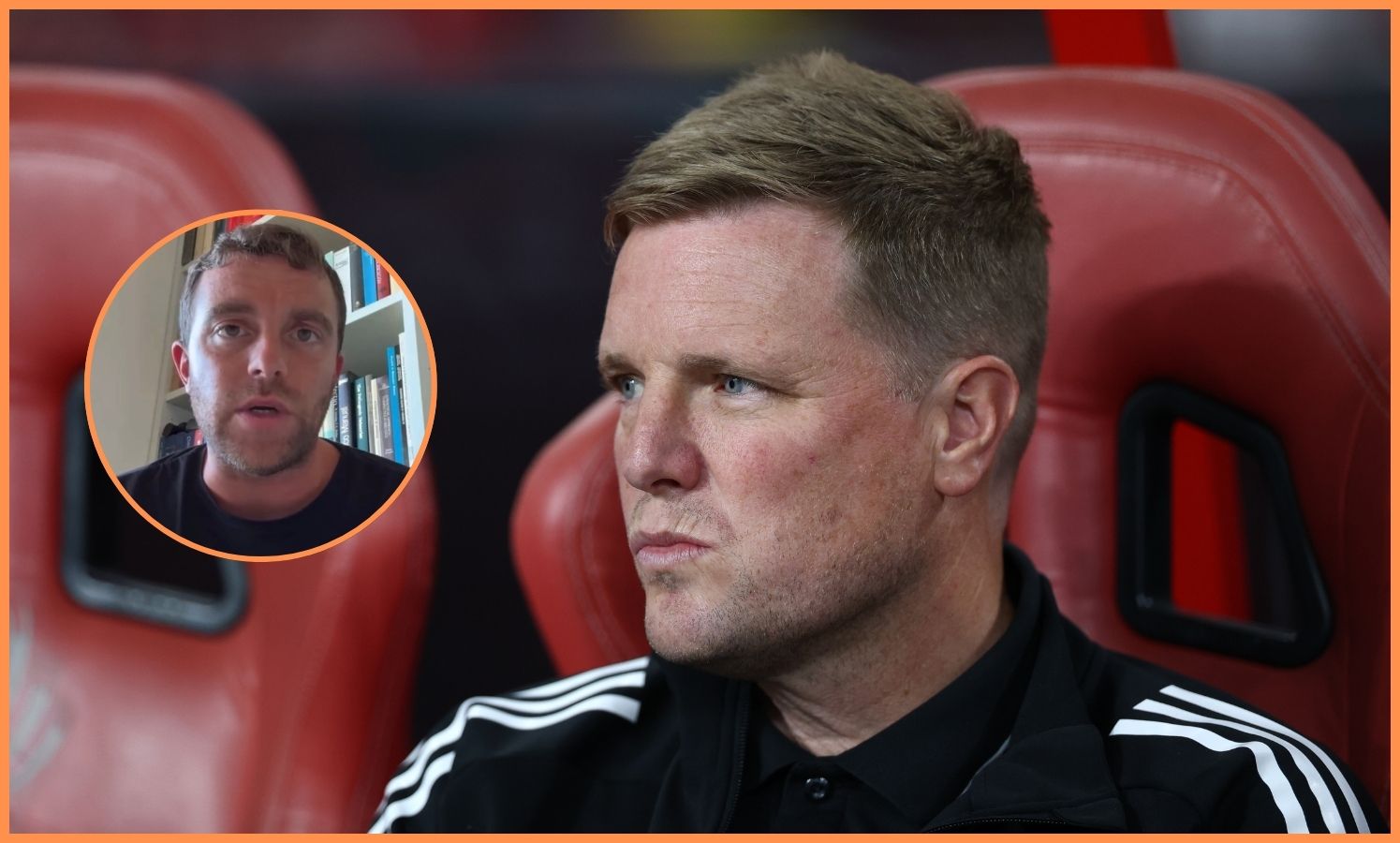Despite their remarkable resurgence under Eddie Howe, transforming into a formidable force in English football, Newcastle United faces an unanticipated hurdle in the increasingly competitive football transfer market. Fabrizio Romano, a leading voice in football journalism, has shed light on a peculiar challenge that could impede the club’s long-term player recruitment strategy, even as they enjoy unprecedented success.
The Magpies’ journey has been nothing short of spectacular. Under Howe’s shrewd management, the team has not only brought in a cadre of top-tier talent but also cultivated a highly competitive squad. This strategic overhaul has seen them return to the pinnacle of European club football, securing Champions League qualification twice in the past three seasons, alongside clinching the Carabao Cup, ending a decades-long trophy drought for the Tyneside club.
However, amidst this wave of achievement and ambition, a subtler issue emerges. Romano suggests that despite their newfound status and wealth, Newcastle United is still perceived by many within the footballing world as a ‘stepping stone’ club. This perception, while seemingly at odds with their recent success, appears to be influencing potential Premier League signings.
A significant contributing factor to this perception, according to Romano, is Newcastle’s relatively limited history of making major player sales. Unlike established top clubs that frequently facilitate high-profile transfers both in and out, Newcastle’s recent acquisition strategy has focused predominantly on bringing players in. This lack of outward movement can inadvertently deter prospective new players who might be seeking a clearer path for future career progression.
Romano elaborates on this intriguing dynamic, noting that some younger players, keen on evolving their careers, express apprehension about committing to lengthy contracts at St James’ Park. The concern, he explains, is the potential difficulty in securing a move elsewhere after two or three years, a common desire in modern professional football where players often seek new challenges or higher-profile opportunities.
This sentiment suggests a fascinating paradox: the very stability and long-term vision that makes Newcastle an attractive proposition also creates a barrier for players accustomed to more fluid career trajectories. The expectation of lengthy stays, sometimes five years or more, can be a deterrent for athletes who view shorter stints as part of their developmental journey.
The discussion also touches upon speculative scenarios, such as the potential transfer of a key forward like Alexander Isak to a club like Liverpool. Such a high-profile departure, while seemingly counterintuitive, could paradoxically signal to other players that pathways out of Newcastle do exist, potentially easing concerns about ‘being stuck’ and improving future football transfers negotiations for new talent.
Ultimately, the challenge for Newcastle United lies in balancing its ambitious growth trajectory with the evolving expectations of modern footballers. Overcoming this perception of a ‘stepping stone’ club, especially concerning player fluidity, will be crucial as the club continues its ascent in European football, aiming to solidify its position among the elite and navigate the complexities of the global transfer market effectively.






Leave a Reply